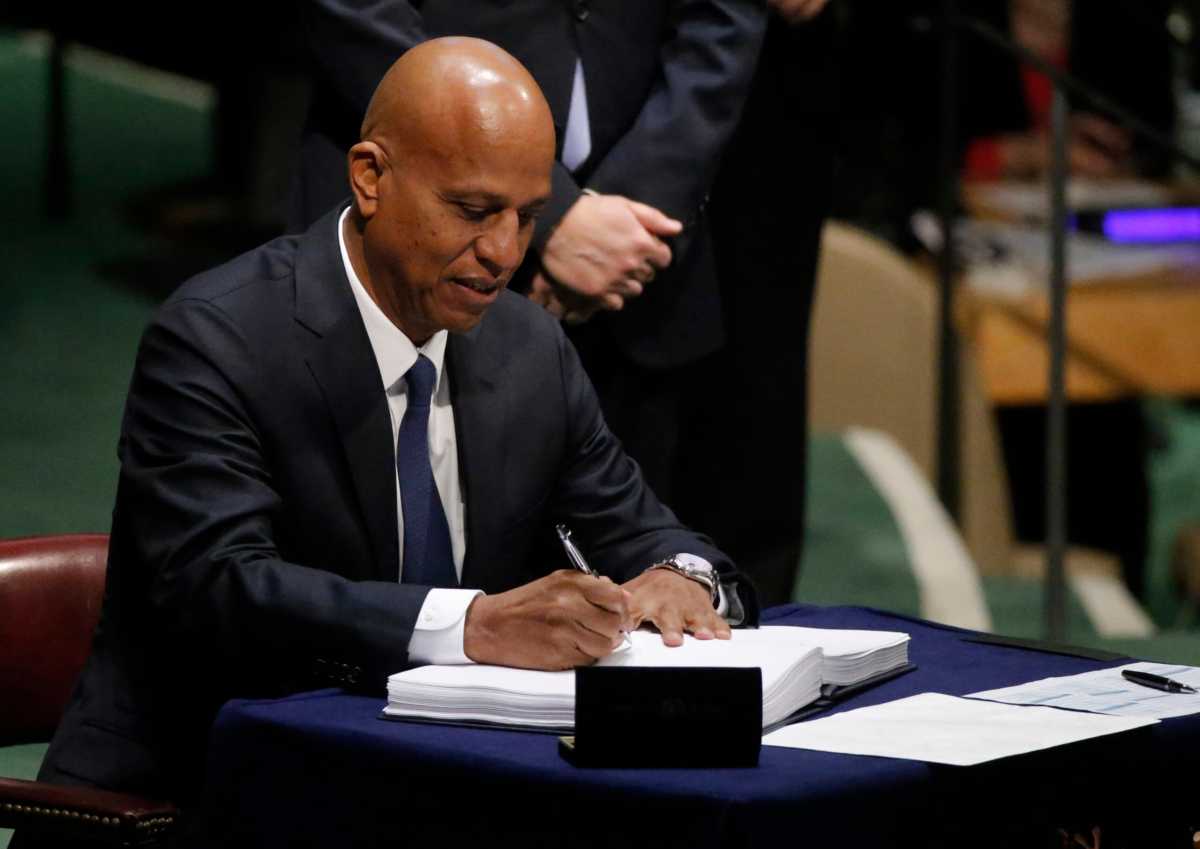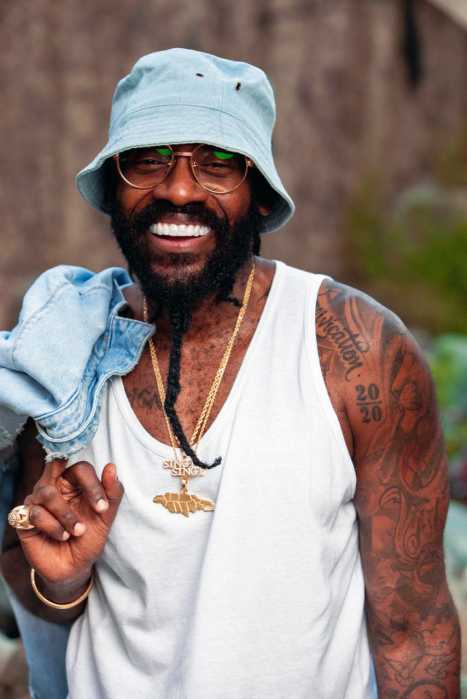Caribbean Community governments are being asked to once again assemble yet another team of observers as authorities in the regional bloc member nation of Belize have called general elections for Nov. 11 in what is turning out to be a record breaking year for polls in the grouping.
Little known to people in the 15-nation CARICOM grouping, the Central American nation bordering Guatemala and Mexico is hardly in the focus of people in the region. Events in Belize City, the commercial capital and Belmopan, the administrative and official capital, hardly reach media houses in the CARICOM. Little is known about daily events there.
For the next few weeks, however, the eyes of governments, political pundits, critics and pollsters will be on Belize and its nearly 200,000 eligible voters.
The race in Belize will occur just five weeks after voters in Bermuda reelected the government of Premier David Burt in a landslide victory and two months after electors in Jamaica gave the governing Jamaica Labor Party (JLP) a consecutive five year term with the second worst thrashing of the main opposition People’s National Party (PNP) in living memory. The JLP walked away with a whooping 49 of the 63 seats almost as good as the 51 of the 60 seats it had won in the highly controversial and blood-stained 1980 general elections.
In Belize, four political parties will vie for the 31 seats in parliament with the incumbent United Democratic Party (UDP) of retiring Prime Minister, Dean Barrow slightly favored to win a fourth term at the expense of the People’s United Party (PUP).
Parliament was dissolved on Monday and nomination day would be Wednesday, Oct. 21. Belizeans last voted on Nov. 4, 2015.
But even as campaigning is stepped up, the region is also awaiting the announcement of an election date from Prime Minister, Ralph Gonsalves in St. Vincent and the Grenadines in the coming days.
Unless Prime Minister, Gaston Browne in Antigua surprisingly and unexpectedly carries through with threats to go to the polls and upend the fortunes of the opposition United Progressive Party (UPP) then the imminent one in St. Vincent is expected to be the very last in the region and its wider family of associate members for a tumultuous 2020.
So far, governments have organized polls in Guyana, Suriname, St. Kitts, Trinidad, Jamaica, Dutch St. Maarten, Anguilla and The Dominican Republic. In the main CARICOM bloc, Guyana and Suriname were the only nations which saw a change of government with the People’s Progressive Party (PPP) returning to power after a single term in opposition and the Hindustani VHP taking control in Suriname.
As PM Barrow retires, the UDP will this week install deputy prime minister Patrick Faber, 42 as its new leader and incoming PM if the party indeed wins the elections at a virtual campaign launch ceremony in the city. The UDP is going into the contest with 19 of the 31 seats.
The governing party is heading into the polls with serious issues of corruption and nepotism involving the Barrow and other prominent families front and center of the campaign as well as the handling and effects of the COVID-19 pandemic on the economy.
A recent editorial in the leading Amandala Newspaper argues that there has been some acceptable development since independence from Britain in 1981 “but the standard of living for the masses has not improved. Far too many Belizeans still live in sub-standard houses, and far too many have little or no savings. The citrus and sugar industries formed the backbone of our productive sector prior to independence, and they continue to be mainstays, though they are now struggling. Crime has increased, and there has been little improvement in how the country is governed. The Belize of colonial times was not free of petty crimes and violence against women, but murder was not rampant, as it is today,” the paper said.



























